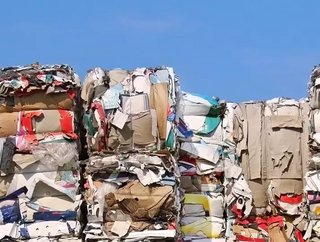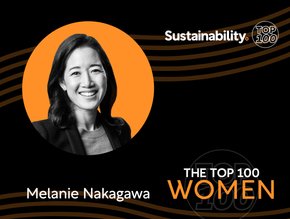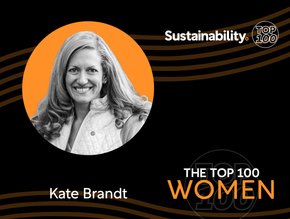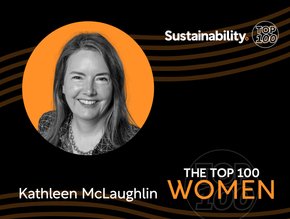ABB supplies Renewcell sustainable textile recycling plant

Automation can play a key role in making industries more sustainable, by standardising operational processes and creating leaner production methods. ABB provides products and services to support organisations to create autonomous production systems and has recently agreed to supply Renewcell—a sustainable technology company that specialises in textile recycling—for its new commercial-scale textile recycling plant. The project will require ABB to supply automation, electrification, and quality control systems, motors, and drives, for application at the new recycling facility in Sundsvall, Sweden.
The contract between ABB and Renewcell marks a significant change in the fashion industry. The plans are expected to have significant positive impacts on the environment and provide a great contribution to the circular economy. According to Renewcell, the textile recycling process uses approximately 50 litres of fresh water per kilogram of material, whereas cotton currently used 1,600 litres and non-cotton cellulosic material use 90 litres per kilogram. Needless to say that Renewcell’s production process has the capacity to reduce water consumption in the tens of billions within the next year.
‘The ABB team proved their unique ability to deliver a complete automation and electrification solution based on their products and services’, says Patrik Lundström, Chief Executive Officer at Renewcell. ‘They have the knowledge, presence and experience that we need to keep this project on track, both in terms of budget and schedule. We also share a joint vision when it comes to resource efficiency, circular economy and sustainability so are pleased to be working closely with them on this exciting project’.
Theodor Swedjemark, ABB’s Chief Communications and Sustainability Officer, says, ‘As a technology company, we at ABB believe that electrification and automation technologies can play a key role in transforming industries and reducing their environmental footprint [...] We are honoured to support Renewcell in their exciting journey towards increased circularity of the fashion industry – an ambition that is fully aligned with our own efforts to systematically improve circularity across ABB’s supply chain as part of our 2030 sustainability strategy’.
Thanks to ABB the site—which used to be an SCA paper mill—will be used to produce recycled textile fibres that will be sold to many fashion retailers, including H&M—as part of a multi-year partnership to replace virgin fibres with recycled textiles.
For more sustainability insights, check out the latest issue of Sustainability Magazine.






